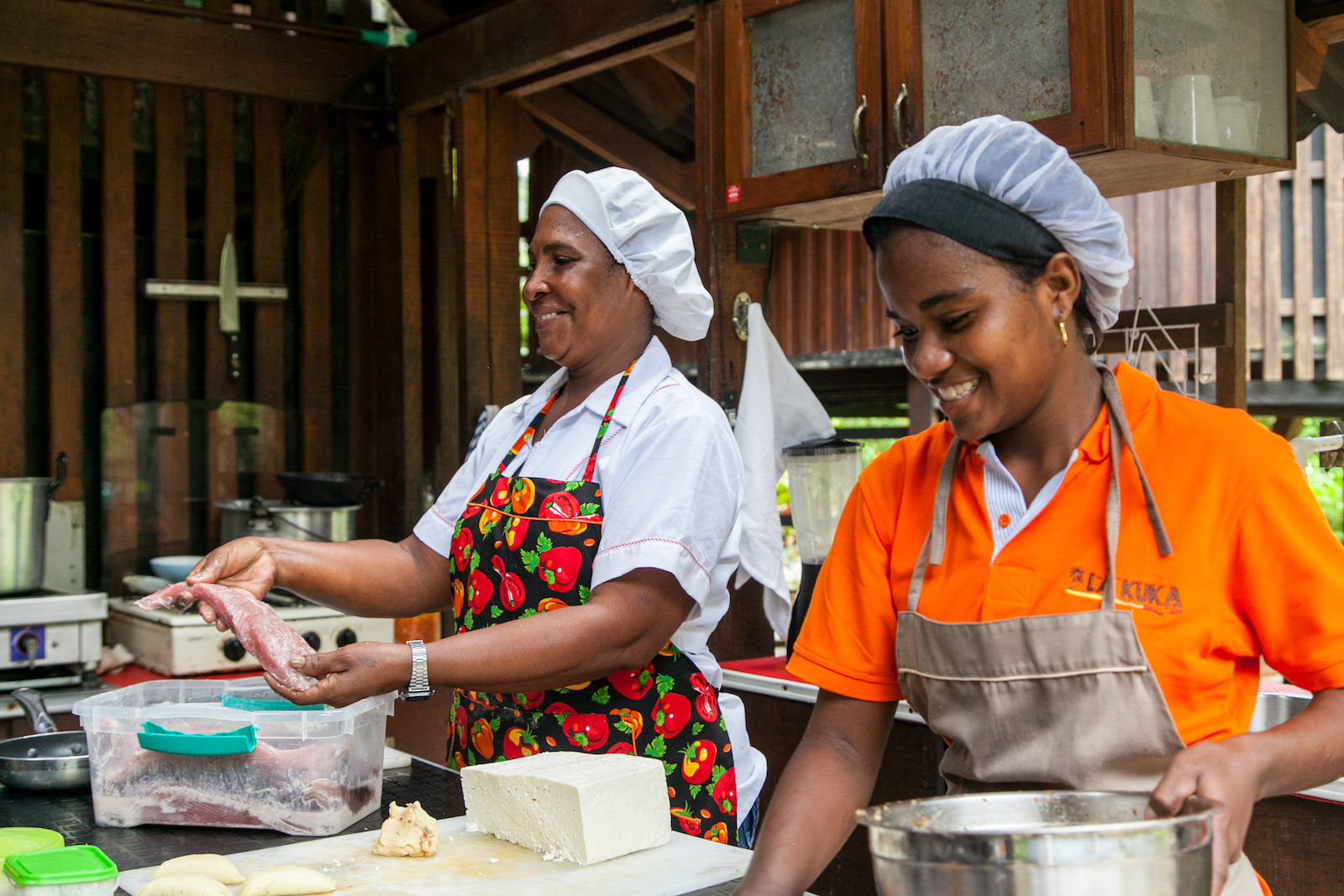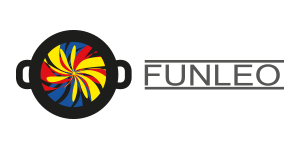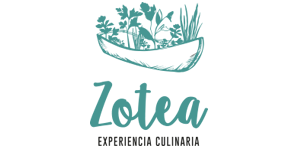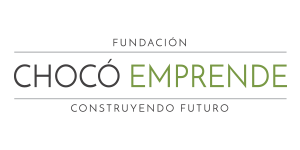
Tourism in the Pacific is usually associated with whale watching, but in Coquí, rural area of Nuquí (Chocó), its inhabitants are prepared to offer a gastronomic experience that has nothing to envy to haute cuisine restaurants.
The Chocó Emprende Foundation, FunLeo and the community of the area worked together for a year and a half to turn the cuisine and flavors of the Pacific into the input for a responsible and sustainable income model. This is where Zotea was born, a restaurant that has its own greenhouse and a center for the production of coconut oil and rice.
From the cultivation and fishing of the ingredients to the presentation of the dishes, all parts of the process are in the hands of the locals, which promises income for all those involved in the production chain.
.

In Coquí, arepas that used to be made with commercial flour, are now made of local flours from papachina (a local tuber), yucca and plantain. Here the tamales not only come with fish, but with piangua, an exclusive mollusk of the Colombian Pacific. The arrayán is served in juices and sauces of multiple recipes that women have invented from what their land gives, even using the traditional herbs that grow on each roof.
This change in the way of cooking in Coquí began at their homes. It is about exploring other forms of food with what the environment gives. Before, when the fishermen could not fish or get mollusks, they settled for a carbohydrate-only lunch.
“There are still many sea products that can be used to not eat only what is on the surface. It is a process that seeks to change those bad habits that are culinaryly taken (…) so that their food security takes hold, “explains chef Leonor Espinosa, founder of Funleo.









